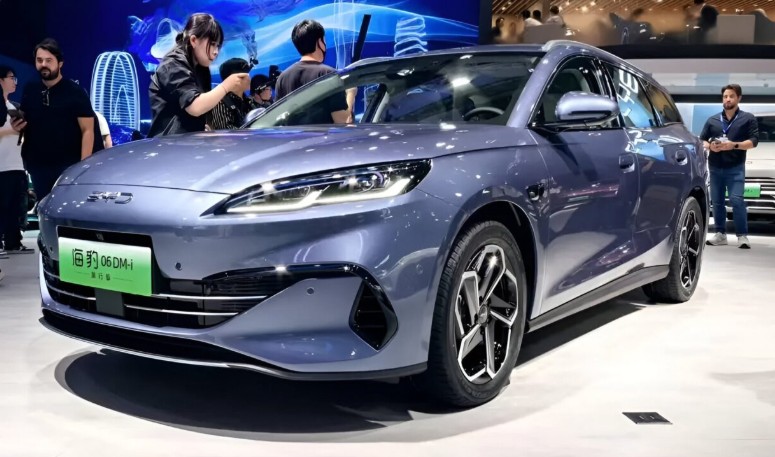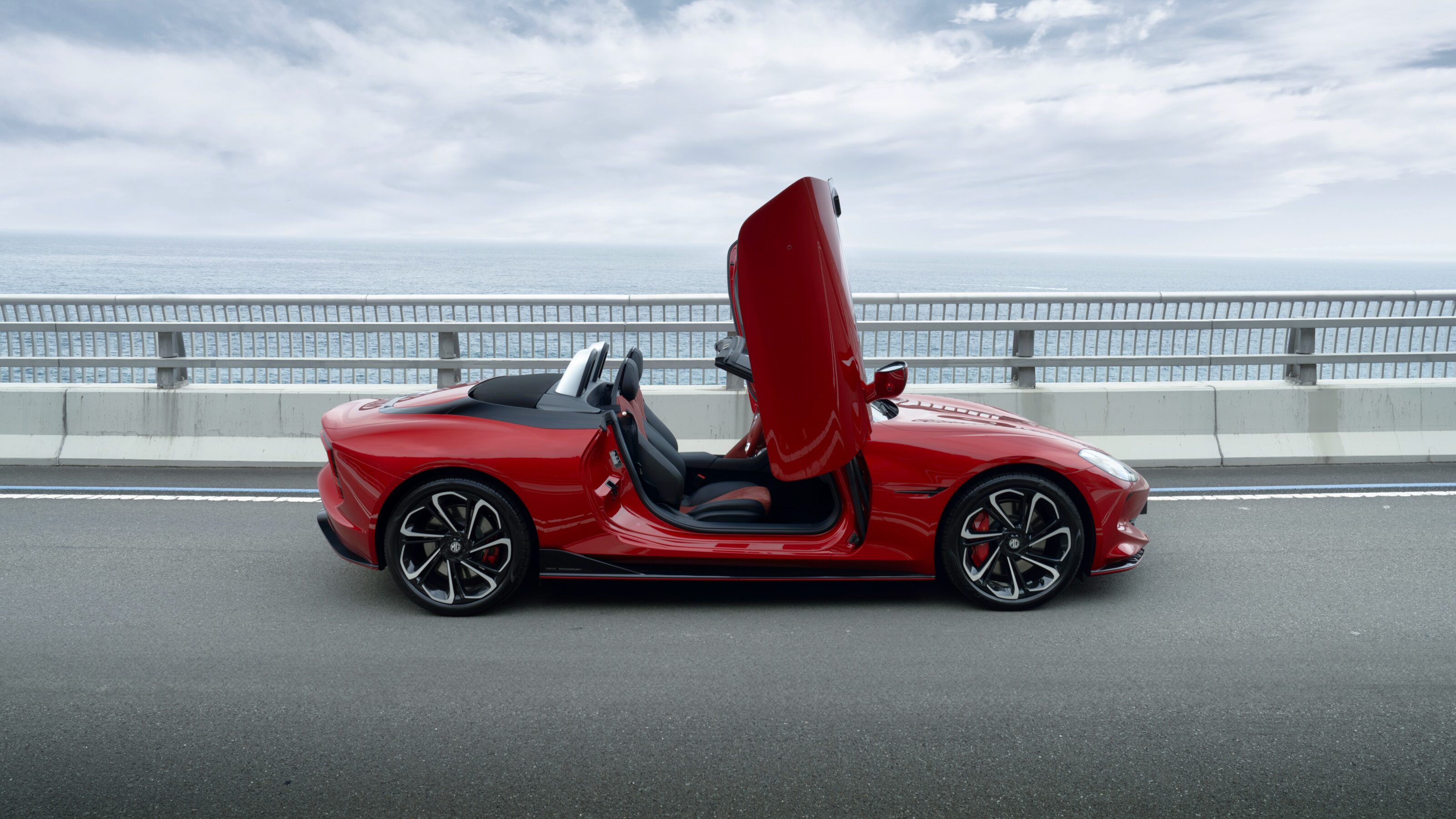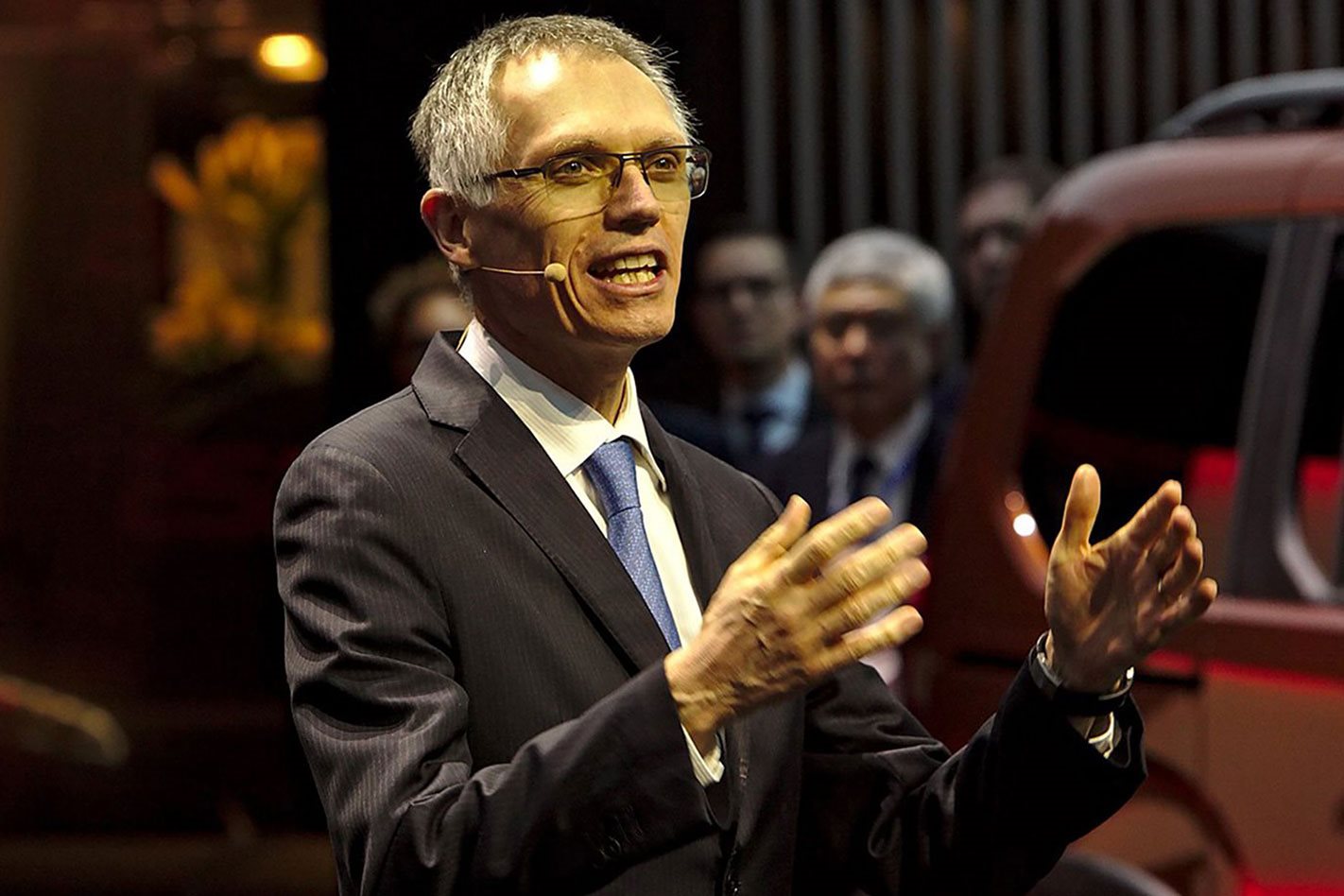
The ongoing worldwide semi-conductor chip shortage is projected to drag on into 2022, according to Stellantis CEO Carlos Tavares.
As the head of the world’s fourth-largest automotive manufacturer, Tavares has seen first-hand what the effect has been on production. In June, Stellantis’s plant in Mexico had to stop work due to a lack of parts.
Speaking at an Automotive Press Association event in Detroit, US, yesterday, Tavares said he believes the situation is unlikely to improve by the end of the year.
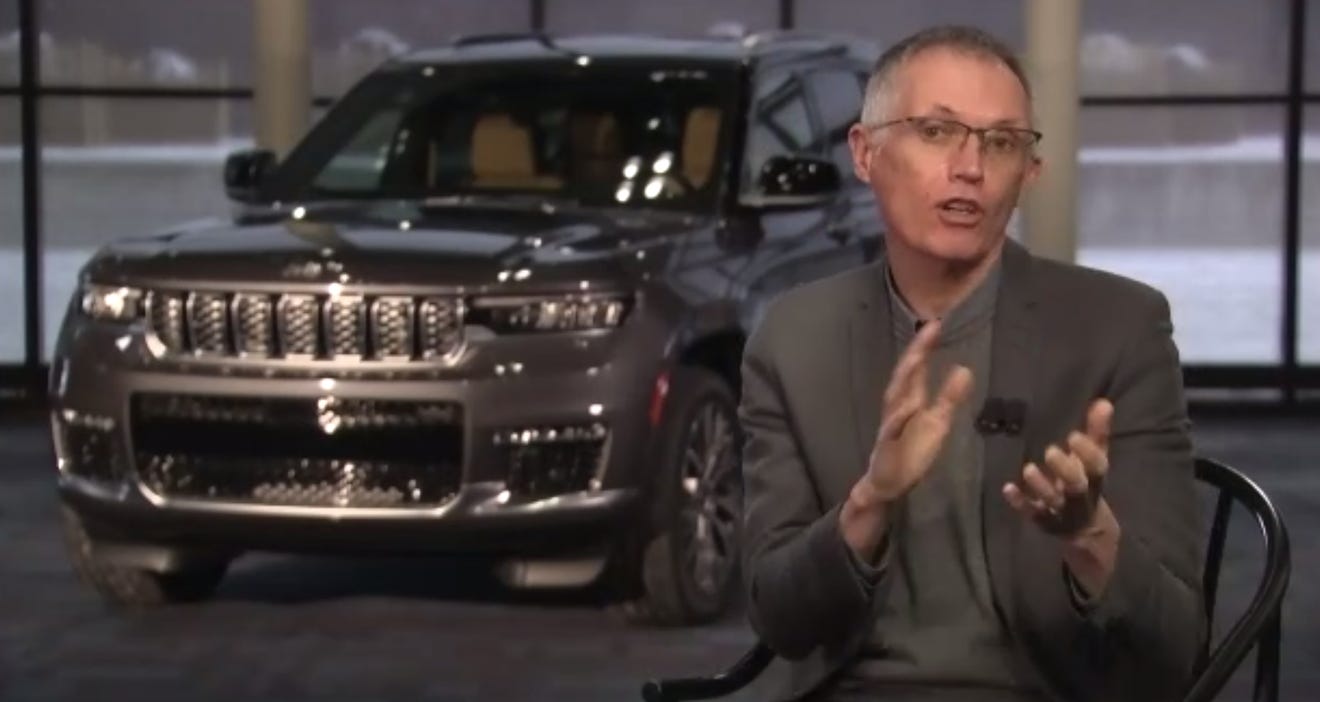
“The semi-conductor crisis, from everything I see, and I’m not sure I can see everything, is going to drag into ’22 easy – because I don’t see enough signs that additional production from the Asian sourcing points is going to come to the West in the near future,” said Tavares, according to Reuters.
Tavares also said it would take around 18 months to re-engineer a vehicle to suit a different type of semi-conductor, leading manufacturers to ride the shortage out instead.
This means Stellantis is currently prioritising its highest profit models to maximise revenue over its low-volume, small profit vehicles, potentially having to sacrifice stock of certain equipment to benefit the wider business.
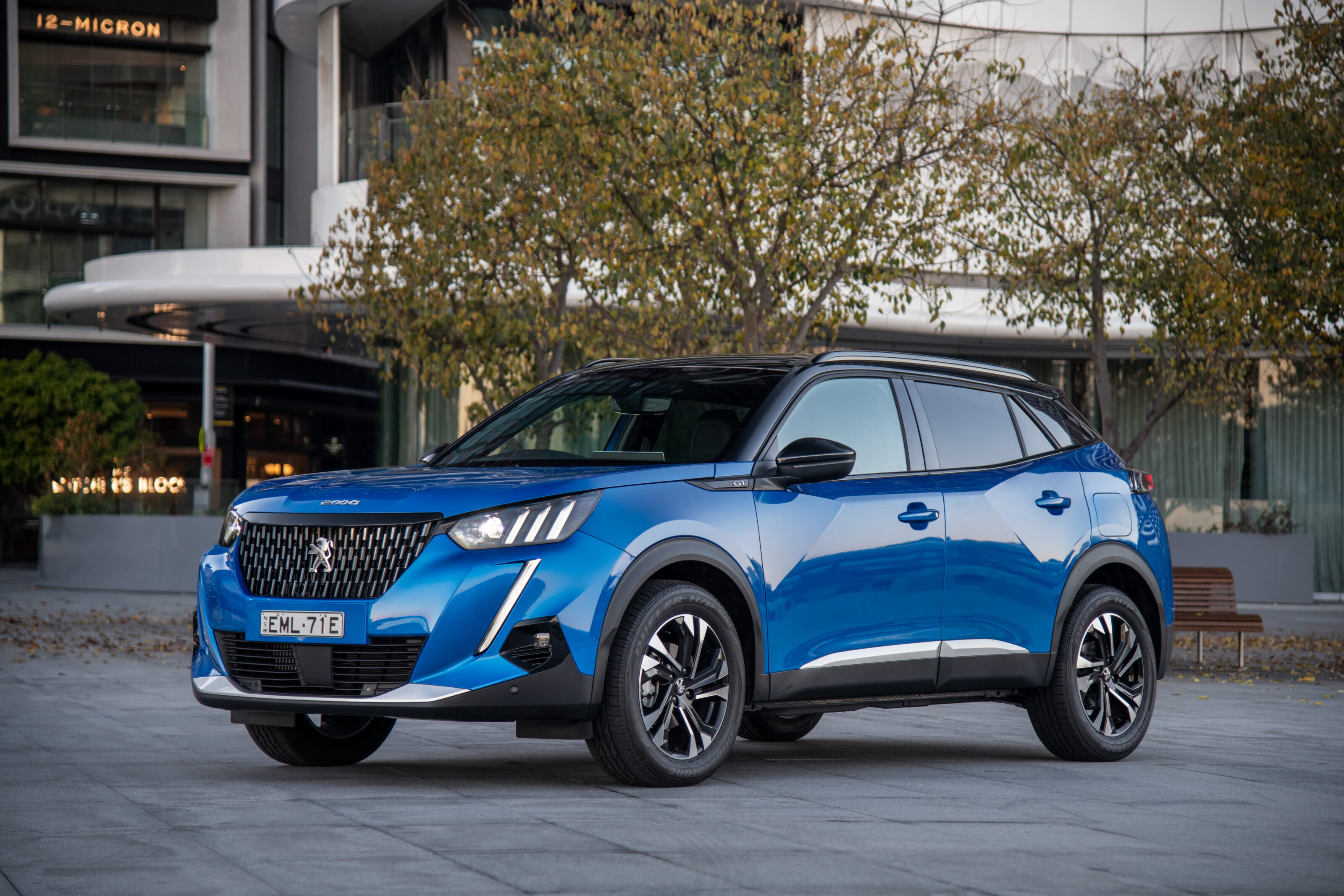
Daimler’s Chief Financial Officer, Harald Wilhelm, made the same prediction earlier this week, saying the problem could affect production and sales into the second half of this year and the beginning of 2022.
The parts issue was sparked by a surge in the price of used cars last year due to the Covid-19 pandemic, drawing more buyers towards new vehicles with supply of parts unable to meet the overwhelming demand.
We recommend
-
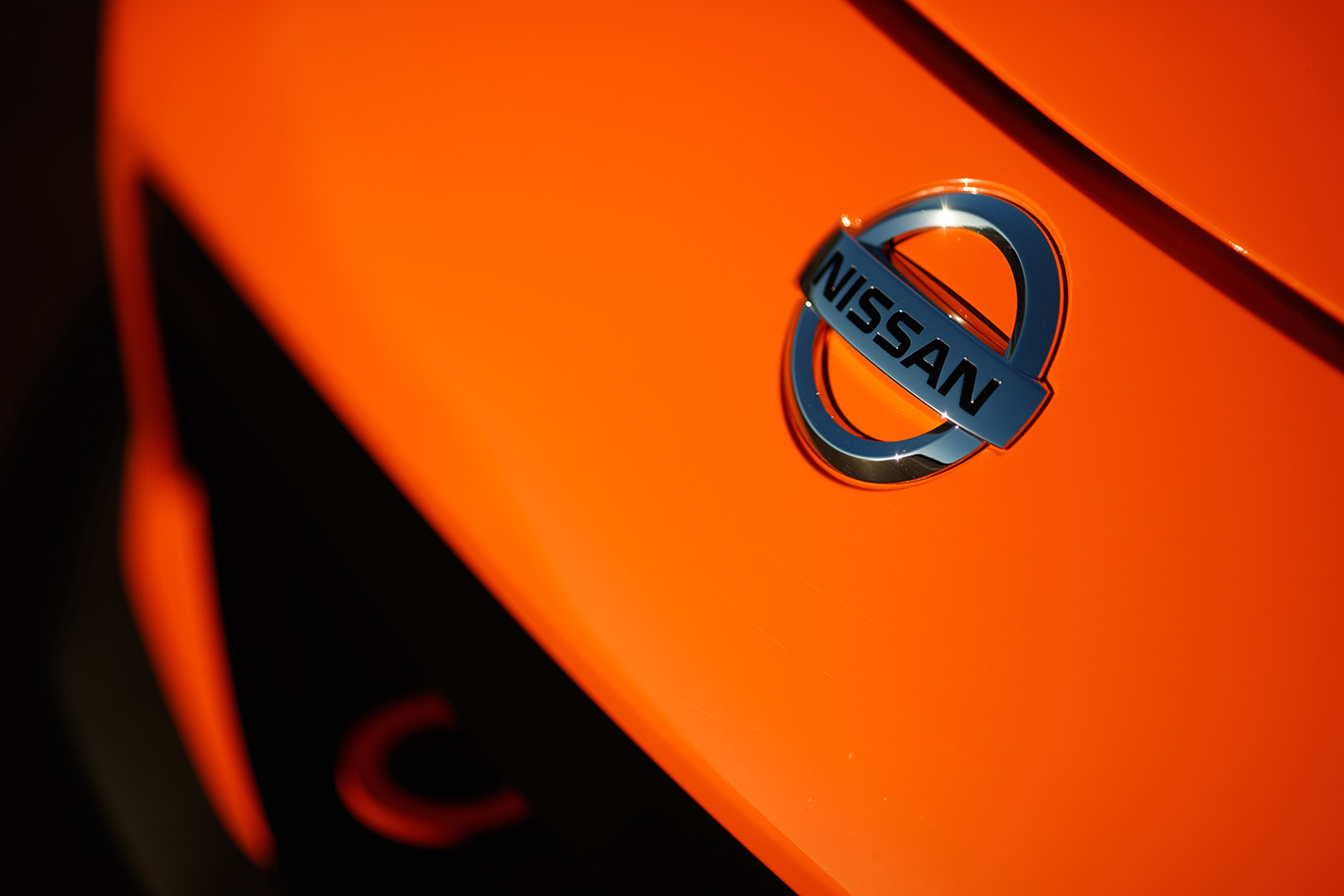 News
NewsSemi-conductor shortage leads Nissan and Stellantis to suspend production in Mexico
Four Mexican manufacturing plants will be suspending operations this month as the global semi-conductor shortage grinds production to a halt
-
 News
NewsStellantis launches big plans for electric sales in Europe and US by 2030
Fourteen brands under group's control all have individual paths towards electrification
-
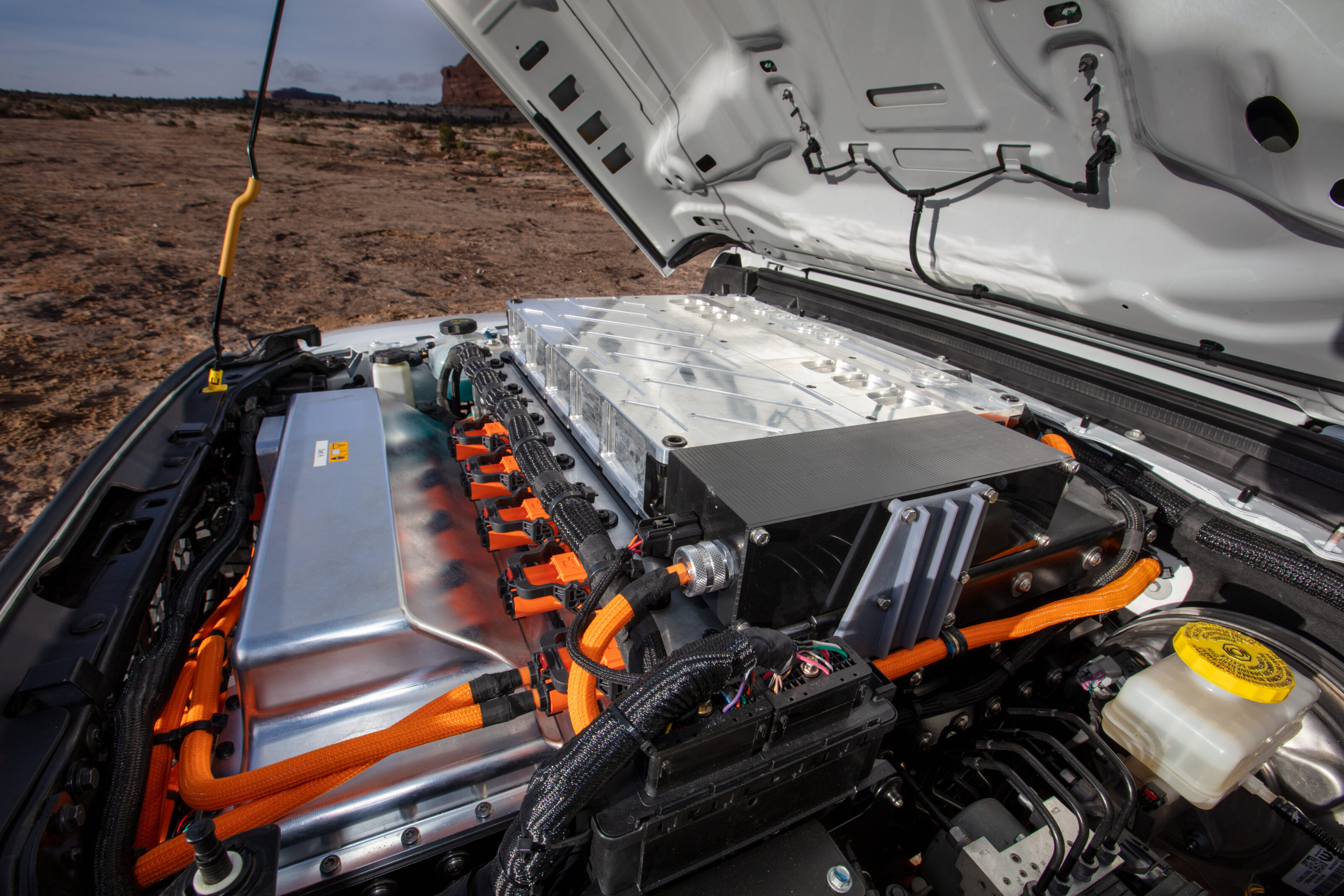 News
NewsStellantis set to sign €1bn deal with Italian Government for battery plant
The multi-national automotive manufacturer is pushing hard in its electrification strategy


